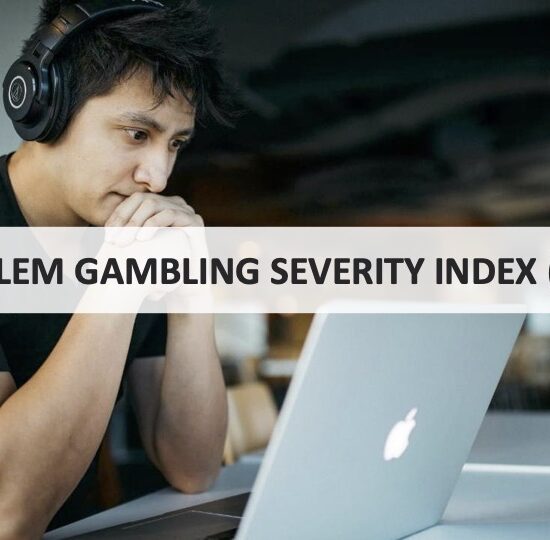
Bob Mackin
BC Hydro has conducted more than 4,500 alcohol and drug tests since the start of 2018, according to a human resources briefing note to senior executives.
The Crown corporation, however, censored data about testing trends, citing privacy and fear of harm to the public body’s finances.
The June 27 briefing note, obtained under freedom of information, called the marijuana testing policy too broad and the post-incident testing policy too narrow.

BC Hydro headquarters (BC Hydro)
The federal Liberal government legalized marijuana five years ago this week. While recreational use has become more prevalent and accepted since 2018, “BC Hydro has seen more alcohol and drug tests, particularly pre-employment, come back positive for cannabis.”
The employee relations department recommended updating the pre-employment testing procedures, to ensure that the Crown corporation is “not unnecessarily precluding recreational users of cannabis from working with us in safety sensitive roles.” It also recommended updating the definitions of serious incident and safety sensitive work.
The Alcohol and Drug Policy Review presentation said BC Hydro implemented its current policy in 2015 to support the Workers’ Compensation Act and emphasize there is to be no work allowed while under the influence of alcohol or drugs.
Candidates seeking a safety sensitive position must pass a drug and alcohol test within five days of being notified that a test is required. They have two days to schedule the test and three days to complete the test. The test does not measure impairment, but is intended to detect the presence of alcohol, cannabinoids, amphetamines, cocaine, opiates and phencyclidine, aka PCP or “angel dust.”
In May 2018, arbitrator John Hall upheld BC Hydro’s policy after a grievance from IBEW, the International Brotherhood of Electrical Workers. Hall called testing a legitimate, proportional response.
Job candidates who use pot recreationally and receive a positive result do not get a “do over.” Their only option is to withdraw from the job competition or pay out of pocket to see a substance abuse professional.

(B.C. Cannabis Stores)
“We may be unnecessarily weeding out qualified candidates who do not pose a safety risk,” said the briefing note. “Furthermore, candidates who opt to withdraw from the competition because they know the positive test is a result of recreational use of cannabis will be precluded from applying for safety sensitive work for one year.”
For post-incident testing, the briefing note said the threshold appears too high. The policy defines a serious incident as “an incident that resulted or had reasonable potential to have resulted, in a fatality or permanently disabling injury.”
The briefing note conceded that “our policy wording is narrow and doesn’t currently contemplate post-incident testing in cases of significant property damage or a near miss.”
Testing, it said, is also appropriate in circumstances where there is significant environmental damage or legal liability.
The recommendations in the briefing note were censored, but it did include next steps, such as revising the policy and manual and updating manager training in the second quarter of 2023 in consultation with legal services, safety and recovery services.
It also contemplated promoting the revised policy and manual with workers represented by IBEW and MoveUp in the third quarter.
But Daniel Fung, the communications officer with MoveUp, said the union has received no information from BC Hydro.
“Any policy changes and/or updates would be communicated to MoveUP for our review prior to implementation,” Fung said. “Our responsibility, with any employer policy, is to ensure that it is fair and reasonable, appropriate for the situation, and does not infringe on our members’ rights under the labour code and/or the collective agreement.”
The existing policy prohibits alcohol and drug use at BC Hydro events or when representing BC Hydro during working hours. But an executive team member may allow employees to consume alcohol on company time and seek reimbursement for both the beverages and transportation home.
An appendix offered examples of BC Hydro events covered by the policy, such as the Safety Rodeo, Century Club Breakfast and a department holiday party. The BC Hydro hockey tournament does not count, even though it is partially funded by the Crown corporation.
Alcohol and drugs are prohibited at all times in BC Hydro vehicles, but workers can store cannabis or sealed containers of alcohol in personal vehicles while on BC Hydro worksites, but only if locked in their vehicle or otherwise secured.
Support theBreaker.news for as low as $2 a month on Patreon. Find out how. Click here.











